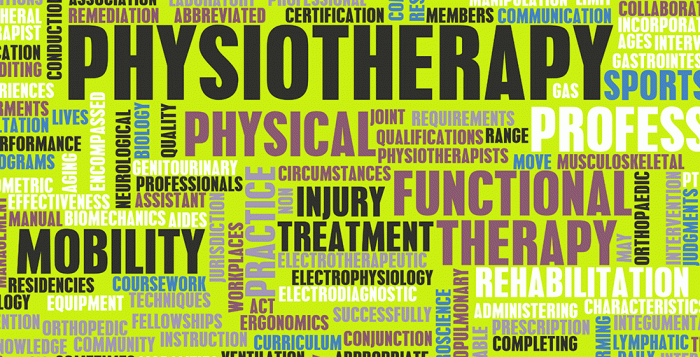This week the Pennsylvania Department of Human Services (DHS) announced several new initiatives to reduce the use of psychotropic medication among our state’s most vulnerable children. Speaking at The Children’s Hospital of Philadelphia, DHS Secretary Ted Dallas reported on the partnership of DHS with the Pennsylvania Chapter of the American Academy of Pediatrics and the Pennsylvania Psychiatric Society. A state-commissioned PolicyLab study that found that in 2012 in Pennsylvania, the use of psychotropic medications was nearly three times higher among 6-18 year olds in foster care than among youth in Medicaid overall. Based on this study and the collaborative effort mentioned above, Pennsylvania has initiated the following:
- Best practice guidelines are being developed for clinicians regarding comprehensive assessments of behavior and treatment interventions;
- Managed care organizations will be required to give prior authorization for antipsychotic medications for children;
- A new electronic dashboard will make it easier for DHS to monitor what medications children are taking and improve care coordination;
- In April, DHS will open a telephonic child psychiatric consultative service to help prescribing physicians, physician assistants, and nurse practitioners appropriately prescribe psychotropic medication for children; and
- In July, the department will begin training child welfare caseworkers and caregivers on the appropriate use of psychotropic medication.
“The inappropriate use of these powerful medications for children in the foster care system compounds the trauma experienced by children who have been the victim of abuse and neglect and is simply unacceptable,” Dallas said, “The recommendations and analysis from PolicyLab provide Pennsylvania with an invaluable roadmap to improve the safety and quality of life for foster children served by the Medicaid system.”
















